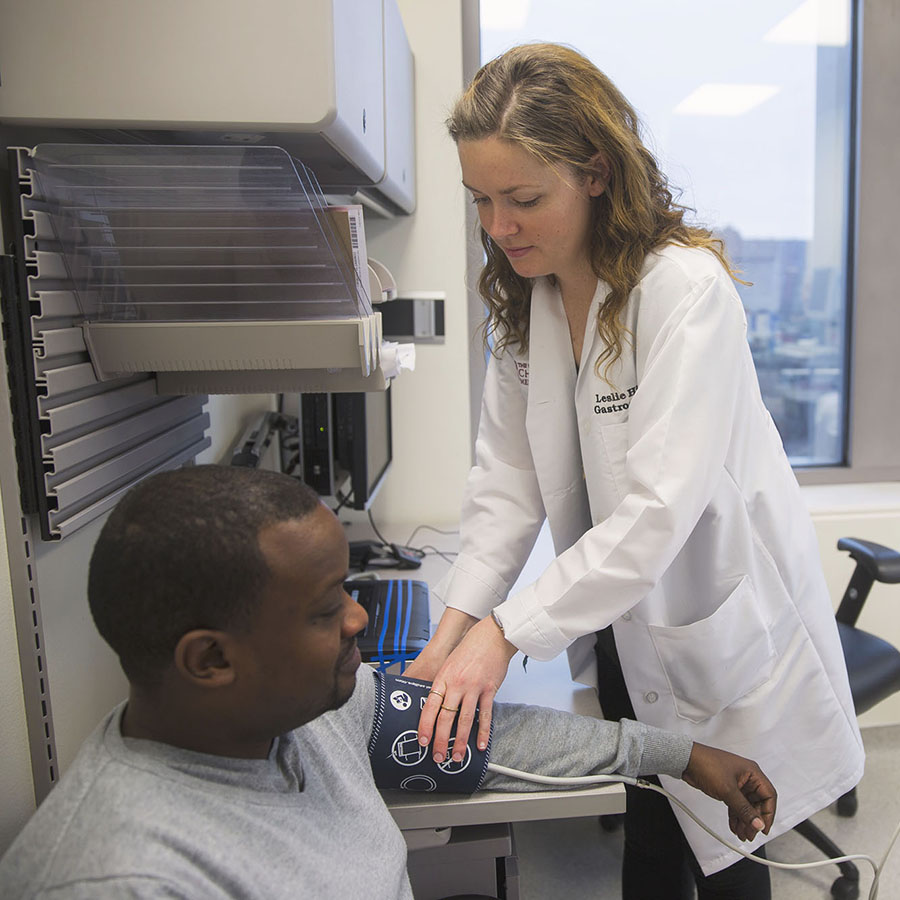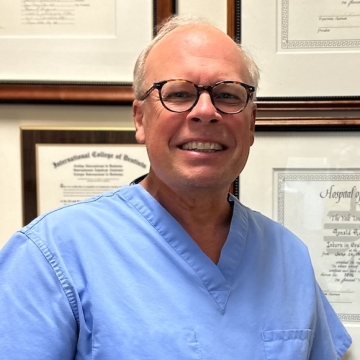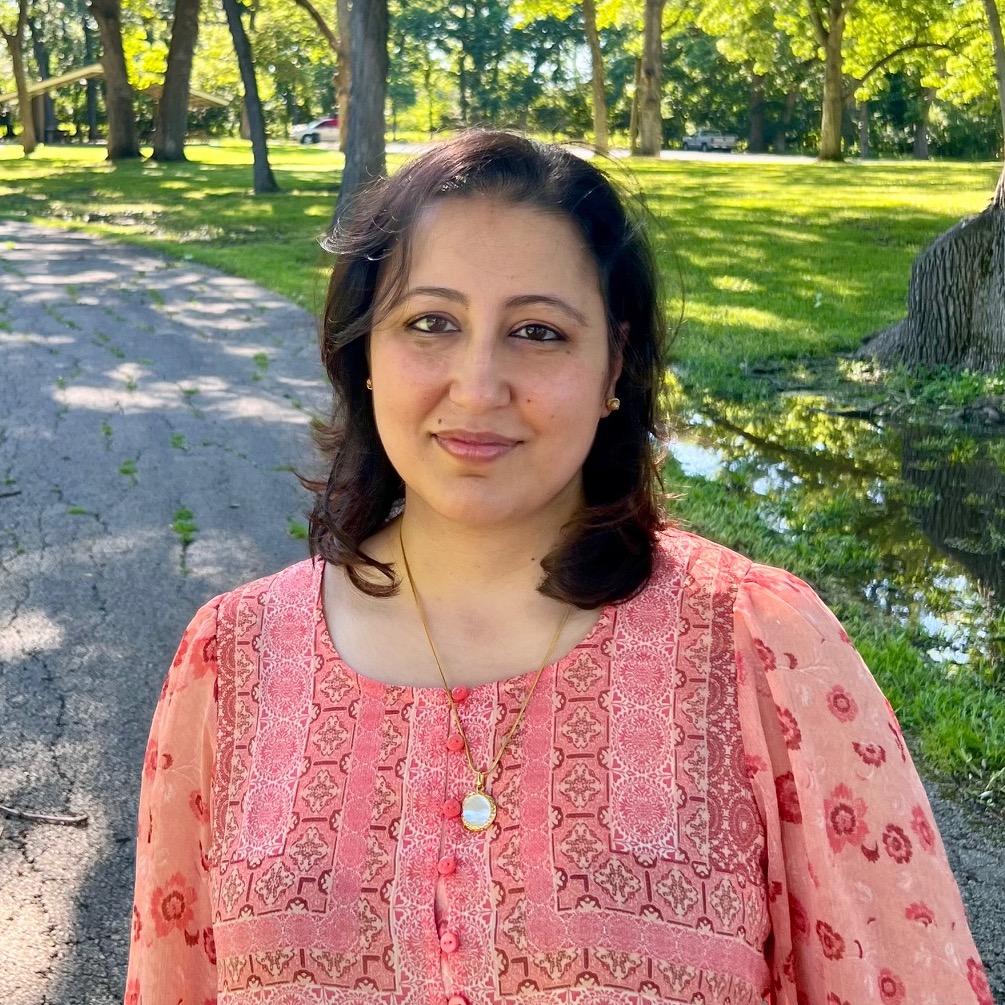When asked about the top challenges facing clinical trials today, 55% of global pharmaceutical and biotech leaders put patient recruitment at the top of the list.
From patient retention to population diversity, recruiting and holding onto the right candidates is set to become even more challenging in the years ahead as the length and complexity of trials continues to increase.
Robert Berube, DDS, a board-certified oral and maxillofacial surgeon, and co-founder of 5thPort, witnessed these challenges firsthand in discussions with his patients. Having started 5thPort to develop a digital protocol to increase patient engagement and understanding about their surgical treatment, he saw an opening to extend his innovation into the clinical trials space.
“After thirty years of private practice, I’ve found that engaged patients better understand their diagnosis and treatment, and that leads to better outcomes,” he says. “That’s the idea behind the 5thPort protocol, which uses multimedia content for remote patient education that lets them come to their preoperative consultation with an increased understanding of their diagnosis and treatment options.
“The more I learned from my patients about their experiences in clinical trials, the clearer it became to me that enhanced patient engagement would benefit the clinical trials space as well.”
Clinical Research Certificate expectations exceeded
The first step for Berube in translating the 5thPort digital protocol to clinical trials involved gaining an understanding of the clinical trial spectrum on par with his understanding of the dynamics of his own surgical practice.
After looking at other university-based clinical trials management programs, he selected the University of Chicago’s Clinical Trials Management and Regulatory Compliance program for the scope and quality of the clinical trials curriculum. Designed by experts in clinical research, the clinical trials certificate gives students hands-on training in every step of the clinical trials process, from initiating clinical research studies to applying monitoring methods and writing exemplary documents and reports.
What’s more, the course structure flexibility allowed Berube to integrate the program into his full-time work schedule.
“My expectations were exceeded,” he says. “With instructors and faculty all involved on a daily basis in clinical trials, they arrive in class each night just having left their research site ready to share their experiences with us in class.”
In addition to the instructors’ readiness to provide clarification in and out of class, Berube was pleasantly surprised by the level of collegiality in class.
“I looked forward to seeing my colleagues before each class,” he says. “In fact, we talked offline and we still stay in touch with each other. The format worked seamlessly.”
Here’s how he sums up his experience:
“I’m coming to the conversation with all this technology, all this experience, and the instructors were able to give me an excellent picture of the clinical trials space overall and the pain points in particular. That allowed me to connect the dots and see where I might be able to provide a solution.”
Improving the standard of care
Leveraging the knowledge he gained through the clinical research certificate, Berube and his team at 5thPort set out to solve the central clinical trial pain point of patient recruitment.
They developed an electronic informed consent software that gives researchers the ability to digitally engage patients, either remotely or in-office, to ensure that they fully understand the treatment protocol, risks, and potential benefits.
“Research shows that 60% of patients don't understand the information contained in an informed consent form even though they go on to sign it,” Berube says. “Typically, they’re just given the documents and asked to read them. I think patients should have the right to control the conversation, or at least be part of it, and that’s what leveraging this revolutionary technology enables.”
5thPort’s e-consent software has applications for decentralized clinical trials, recruitment requirements, and Diversity, Equity, and Inclusion (DEI) objectives. Currently being used by commercial companies and research institutions across the country, it delivers curated information to patients in their preferred language while also giving them the opportunity to flag areas they’d like to review more carefully with a specialist.
“That’s never been done before,” Berube says. “But on top of that it lets us develop analytics to improve the experience. I can look at my dashboard and see that I had a lot of anesthesia questions, which means I need to do a better job at educating my patients about anesthesia.
“Ultimately, what we’re doing is using digital technologies to enhance the standard of care,” Berube says. “And once you’ve improved the standard of care, that becomes a better way of treating and managing patients. I think that’s what patients deserve.”






